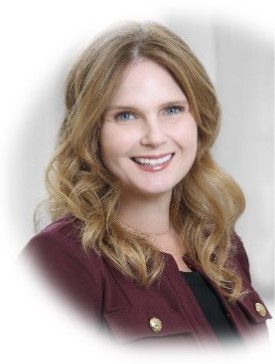If you have visited the OSP website in the last month, you’ve likely noticed it has a new look and feel. Of course, a few changes were aesthetic, but most were made with one purpose in mind: making information easier to find and use. Hopefully you’ll agree that we’ve achieved that goal with our new design.
Transparency is a word we use in government quite a bit but putting it into action can be tough. The internet is a big place – simply posting documents online fulfills the transparency mandate but does it actually provide value to users? To understand more about providing value to our users, and as a team of folks committed to evidence-based decision-making, we reached out to a variety of individuals in different positions and roles and asked them to test drive our website. We are grateful for their time and their honesty, as we received candid feedback about their experience on our site.
I’d like to highlight two significant changes we made based on some of the feedback we heard. First, while the organization and flow may be common sense to those of us with a nuanced understanding of governmental lingo and structure, it was less intuitive to those seeking policy information. Now you will find policies front and center, grouped thematically under policy areas. In doing so we removed redundant clicks. And for those of us who just like to google and see exactly what we need, we put a lot of our efforts into making the search feature highly responsive. The second thing we heard is that getting involved in policymaking still can feel like a black box. I firmly believe engaging your government is a civic duty, so I took this one to heart. Now you will find a new “Get Involved” page which contains information on open requests for information, compiled comments for previous requests, as well as information on upcoming meetings where the public can participate.
Our approach to our website reflects our approach to policy-making: meaningful engagement and transparency is the key to success.
You’ll see we are trying new engagement approaches in a variety of settings. For example, as part of the NExTRAC’s latest charge experts are engaging communities across the US to understand community values and preferences about sharing personal health data to inform NIH’s future policy efforts on this topic. No small feat as individual preferences are just that – individual. But how do we consider all these varying perspectives when making policy? Step one is making sure we hear them.
To put it succinctly, making policy must be a shared experience. OSP wants to hear from all communities that are potentially affected by the policies we are developing. The unique perspectives diverse audiences bring to the table will help us ensure we are making the best, most-informed decisions. Whether it is our website or a major policy relating to the latest scientific breakthrough, OSP is committed to making the voice of the community heard.






